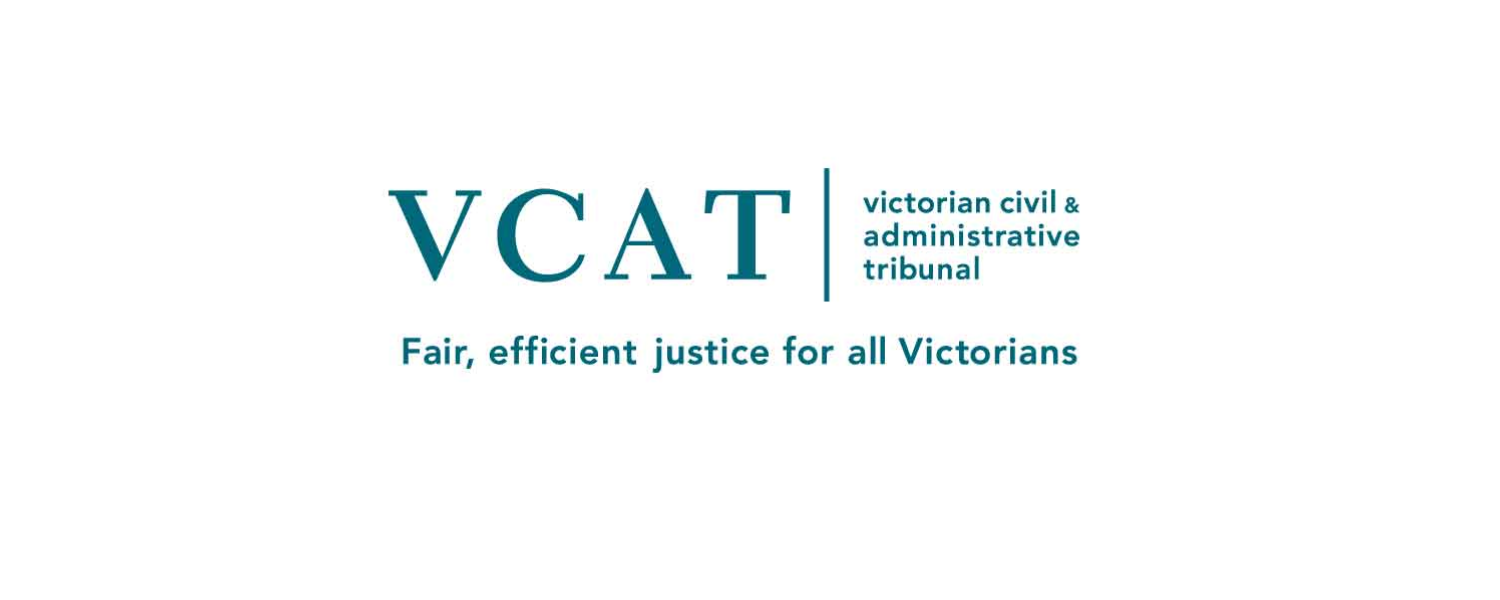As COVID 19 restrictions ease, the Victorian Civil and Administrative Tribunal (VCAT) has recently announced new measures leading to partial reopening of the tribunal. With VCAT putting in place a digital system to allow hearings to be heard via online platforms, phones and “On the Paper”, some less complex cases were able to conduct hearings with other matters adjourned. According to VCAT data, there have been up to 12 per cent of cases were able to be determined on the paper without a formal face-to-face hearing during the shutdown.
To date, cases that were adjourned between March and May are in the process of being relisted for hearing in the last quarter of this year and cases listed for hearing between 18 May to the 29 May 2020 have been adjourned until October this year. Majority of the cases will be determined “on the paper” with a small number of compulsory conferences occurring in this period over the telephone or via video conferencing.
If the participants opt for a traditional face-to-face hearing the matter will be adjourned until 2021 due to the backlog of existing cases and the need to consider social distancing criteria.
VCAT also noted that new applications would not have been receiving initiating orders from VCAT because resources have not been available to facilitate this as VCAT is working on this backlog and all applications that have been filed will soon be receiving initiating orders.
To deal with the backlog of cases, the Planning and Environment Division launched the revamped Short Cases List which has been set up to deal quickly and efficiently with certain cases in the Division.
Applications in the Short Cases List will be those that are suitable for hearing and determination within an allocated time of three hours. Two hours will be allocated for the presentation of submissions and evidence. A further one hour will be available to allow members to prepare and deliver a decision.
The main features of the revamped list include cases that:
- have limited parties
- have issues which are limited in number and extent and where a site inspection is unlikely to be required
- are capable of being heard and determined within an allocated time of three hours
- have addressed any Cultural Heritage Management Plan issues.
- Hearings to be listed at approximately 12 weeks from lodgement of the application.
Parties will be required to give VCAT and each other their submissions ahead of the hearing. Parties are encouraged to use a template for the preparation of submissions, which identifies the issues in dispute.
VCAT also announced that all objector appeals will be listed for compulsory conferences which will be conducted by telephone, online platform or “on the paper” as appropriate.
For all applications received in the Major Cases List, these applications will no longer be automatically listed for a practice day hearing. If an applicant requests a practice day hearing, justification for it will need to be provided. If procedural orders are sought, those orders should be included within the application for review.
The process of VCAT hearings are changing rapidly and these initiatives are assisting to reduce the lengthy process. These new methods of hearings are likely to become the new normal and in turn allowing more cases to be heard in a shorter timeframe.
During the past three months of lock down, CS Town Planning successfully represented a number of clients in VCAT and achieved satisfactory results via the “on the paper” method. If you have any queries in relation to the changes to the VCAT hearing process, please contact our office to see how we can assist. For the full announcement by VCAT, please click here.
